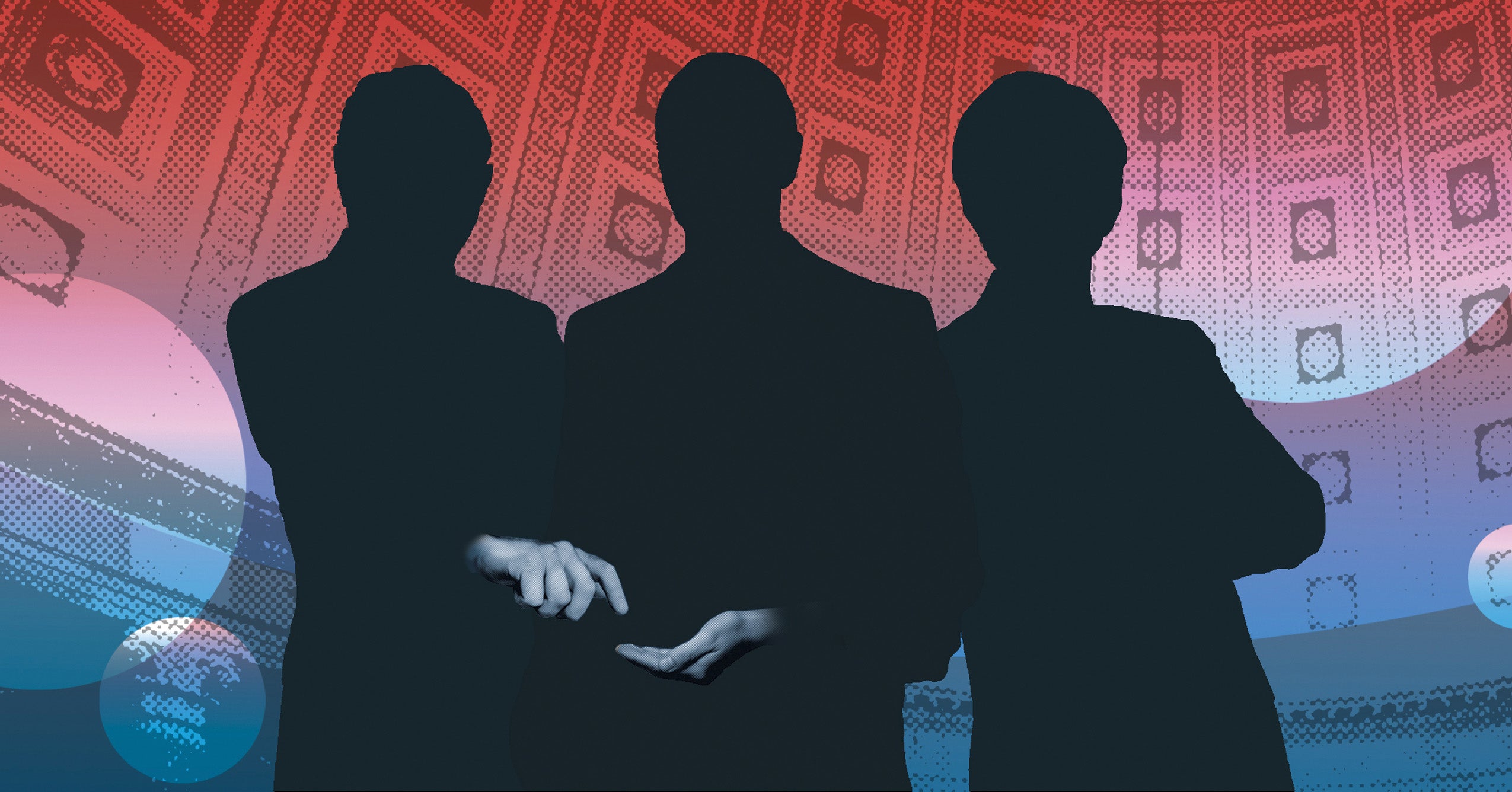Think of an honest used car salesperson. The very idea might seem like an oxymoron. That’s not because no honest people ever sell cars. It’s because the profession as a whole is not considered trustworthy by the public.
What if that sense of mistrust were not limited to the used car lot but had spread to institutions the public relies on every day?
It has, according to Harvard Law School Professor Lawrence Lessig, and he sounds the alarm about the damage it is doing to the nation in his new book, “America, Compromised.”
Lessig has previously written on what he calls the “institutional corruption” of Congress, whereby members are most responsive to the needs of a small cadre of funders rather than their constituents. In this book, he contends that corruption also pervades finance, the media, the academy and the law.
“Those institutions fail to the extent that people have a deep mistrust of [them],” Lessig said in an interview. “This dimension of public trust is an essential part of what I set out as the problem of institutional corruption.”
The book came out of Lessig’s experience directing Harvard’s Edmond J. Safra Center for Ethics, where he launched a related project, and is based on a lecture series he gave about the results. As he makes clear, his labeling an institution as corrupt does not mean that he believes the people within it are evil. In fact, he argues that the problem of evil people doing bad deeds is dwarfed by the problem of good people who are compromised, typically by a financial influence that skews the intended purpose of the institution.
“You can’t have a republic where there is radical inequality, We’re learning up close and personal exactly why that’s true.”
That could mean prosecutors who make deals with corporations rather than prosecuting them in order to be considered for a much higher-paying job in the future with a white-collar defense firm; academic researchers who publish more favorable results when funded by an industry that would benefit from that conclusion; journalists whose coverage is driven by what would be most profitable rather than what would inform the citizenry; or financial rating agencies that offer favorable ratings instead of objective analyses in order to secure business.
These kinds of compromises weaken the effectiveness of the institutions and contribute to a national decline, Lessig contends. He offers potential remedies to the problem, ranging from increased regulation of finance to establishing a general pooled fund for academic researchers so they would not know who was funding their work.
Lessig has long called for public financing of political campaigns, and he explored a presidential run in the last election to make that his central plank (he dropped out when the Democratic National Committee wouldn’t allow him to participate in the candidates’ debate). He hasn’t decided whether he will pursue a run in 2020 but doesn’t see any other candidate who would prioritize campaign finance reform.
He also espouses higher taxation of the wealthy, not only to fund the government but also to address the problem he says is at the root of institutional corruption: economic inequality, which is why, he writes, “so much of public life now finds itself so easily seduced.” As the constitutional law professor notes, the framers intended for equality to be the defining feature of the new nation.
“You can’t have a republic where there is radical inequality,” he said. “We’re learning up close and personal exactly why that’s true. And these institutions I’m talking about I think are frontline examples of that.”
With the book, Lessig aims to start a conversation and perhaps motivate those “good people” within the corrupt institutions to seek reform. He has taken a stance on public causes previously, including on network neutrality and copyright issues. But the problem of corruption, he said, is the most important battle for him to wage now. And if that battle may take a long time and may not be easy to win, that doesn’t mean not to try. It means that it’s imperative to start right away.
